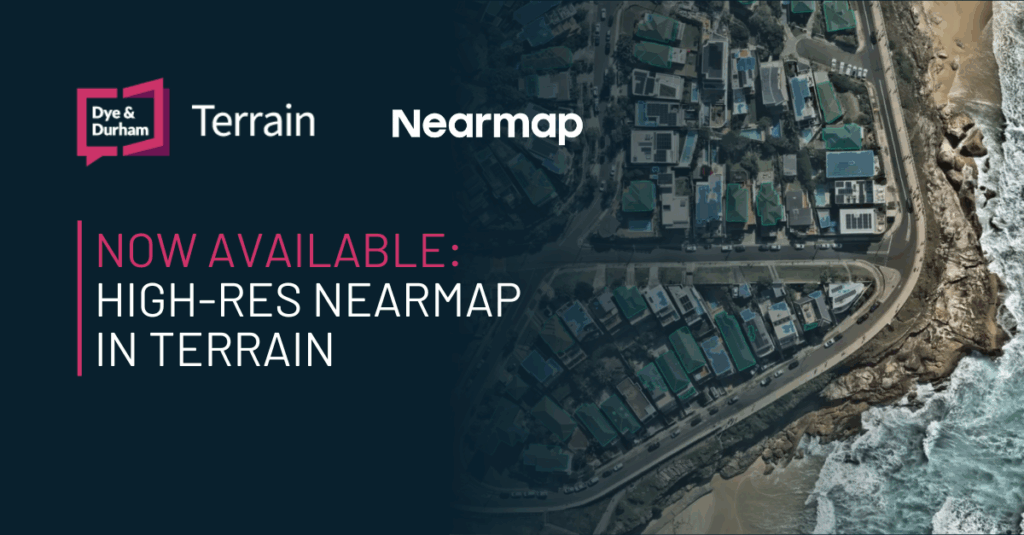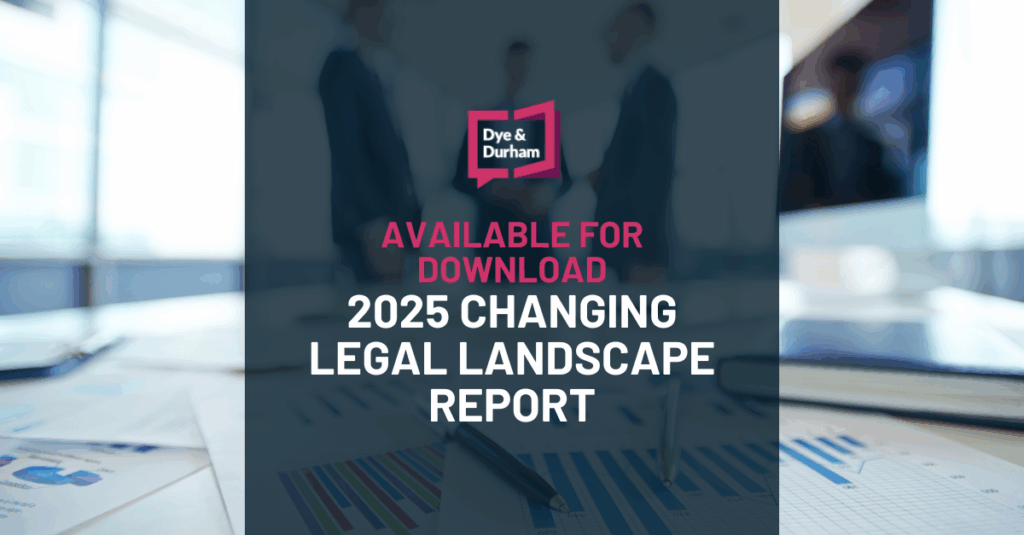- People with jobs and those on high incomes expect their finances to improve over the next year.
- Demand to continue to outstrip supply in housing with 17% of people wanting to buy and only 10% wanting to sell.
- Majority of people want a crackdown on parties at short-term rentals.
- Number of people using AI and work and at home rises as people search for “ideas and inspiration’’.
Australians are less pessimistic about the economy and the health of their own personal finances in what could be a key turning point for economic sentiment as concern over the cost-of-living and inflation recedes from the highs of three months ago.
The latest *Dye & Durham Australian Market Pulse survey, of 1610 Australians’ attitudes to the economy, the property market and technology, conducted by leading pollster Resolve Strategic, also finds property prices are expected to continue rising this year as the number of buyers continues to outnumber sellers.
On technology, the Pulse survey finds Australians are increasingly embracing Artificial Intelligence both at home and at work to search for ideas and inspiration and to draft messages or letters.
Workers and high-income earners most optimistic that cost-of-living crunch is over
Working people and those on higher incomes are fighting back against the cost-of-living crunch with higher proportions of people in these demographic groups believing their financial position will improve over the next 12 months.
More employed people (32%) believe their finances will improve over the next year than get worse (29%), while 37% of higher income earners believe their finances will get better over the next year compared with 26% who believe they will get worse.
This contrasts with the previous 12 months where 25% of employed people thought their finances improved while 41% believed they got worse, and 29% of higher income earners believe their finances improved while 38% believed they got worse.
In all demographics, those who believe they will be better off over the next 12 months has risen to 26% (24% in December), while those who believe they will be worse off has fallen to 32% (33% in December).
While more than half of respondents to the Pulse survey still believe Australia will enter recession in the next year, this represents an improvement in economic sentiment with the proportion dropping four points to 54% in the past three months.
Meanwhile the number of people believing the nation will avoid recession has risen five points to 24% since the last Pulse in December 2023.
Dye & Durham Australia Managing Director Dennis Barnhart said the improved outlook was potentially a positive turning point for economic sentiment.
“This could be the beginning of the end of the negative mood that has been sparked by rising interest rates and inflation,’’ Mr Barnhart said. “Sentiment seems to be stabilising and heading in a more positive direction.’’
The increase in optimism comes as two thirds of Australians now believe inflation has peaked or will come down over the next year, while the same proportion of Australians think interest rates have either peaked or are about to begin falling.
Only one third of respondents believe interest rates will go up compared with 46% in December.
House prices to keep rising: Crackdown urged on short-term rentals
The Australian property market is expected to stay strong this year with house prices continuing to rise as demand continues to outstrip supply.
The March pulse survey shows that while 17% of people expect to buy a property within the next 12 months, only 10% of people expect to sell.
“This underscores the supply and demand issues in Australia right now,’’ Mr Barnhart said.
Expectations that property prices will continue to rise have increased since December with 71% of people believing prices will rise, compared with 69% in December.
This sentiment is strongest among those who live in the inner city (75%).
Three-quarters of people who are renting or sharing, who might be keeping their eye on first home options, believe prices will rise over the next 12 months.
Rents are also expected to rise with 76% of people expecting an increase.
Renters are also the most pessimistic in terms of whether they will be able to buy a home with 46% saying they have given up trying to buy, compared with 36% who hope to buy in the future.
The Pulse Survey found strong support also exists for a crackdown on short-term rentals, with 60% of people supporting a “three strikes’’ policy for inappropriate parties at a property, while 43% of people support more seriously policing the current 180-day maximum limit on short-term rentals.
The same level of support exists for charging a $5 levy per booking to help fund social and affordable housing.
However, there was only 22% support for an outright ban on short-term rental platforms such as Airbnb and Stayz, while 49% of people outright opposed a ban.
More Aussies are embracing Artificial Intelligence with many seeking ideas and inspiration
More than one third of Australians have now tried using AI with the proportion that have used it growing over the past six months.
Personal reasons (38%) continued to outweigh professional reasons (30%).
Searching for ideas and inspiration (41%), drafting letters or messages (40%), and using AI as a search engine for better results (37%) were the main reasons for using AI.
Drafting reports or essays was the fifth most popular use (28%) behind summarising topics respondents were working on.
While one quarter of people report AI is already being used in their workplaces, two-thirds think AI will become a regular tool in office workplaces within five years. One third of people believe AI will become a regular tool in their office within two to five years.
“The expectation indicates an openness to AI, or at least an assumption that it is coming, and so it’s certainly a technology to watch,’’ Mr Barnhart said.
To view the full report and all previous reports, click here – Dye & Durham Pulse Reports – Dye & Durham (dyedurham.com.au)
Go to Media












